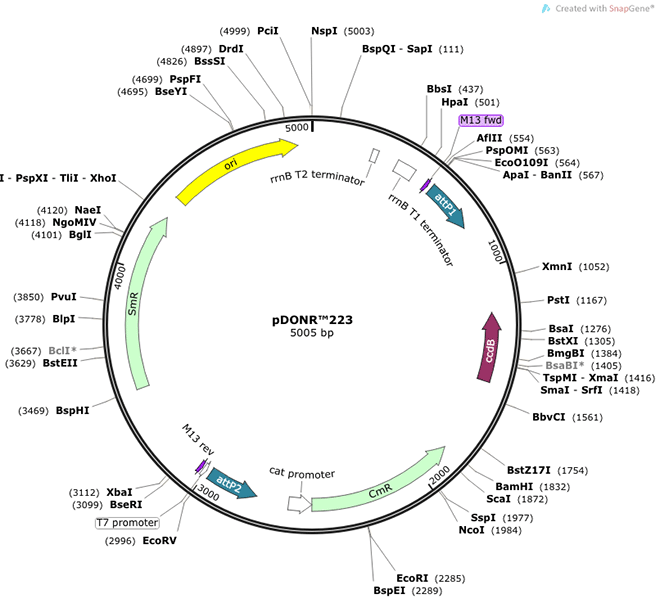Gamma-aminobutyric acid (GABA) is the major inhibitory neurotransmitter in the mammalian brain where it acts at GABA-A receptors, which are ligand-gated chloride channels. Chloride conductance of these channels can be modulated by agents such as benzodiazepines that bind to the GABA-A receptor. At least 16 distinct subunits of GABA-A receptors have been identified. This gene encodes subunit alpha-4, which is involved in the etiology of autism and eventually increases autism risk through interaction with another subunit, gamma-aminobutyric acid receptor beta-1 (GABRB1). Alternatively spliced transcript variants encoding different isoforms have been found in this gene.[provided by RefSeq, Feb 2011]


